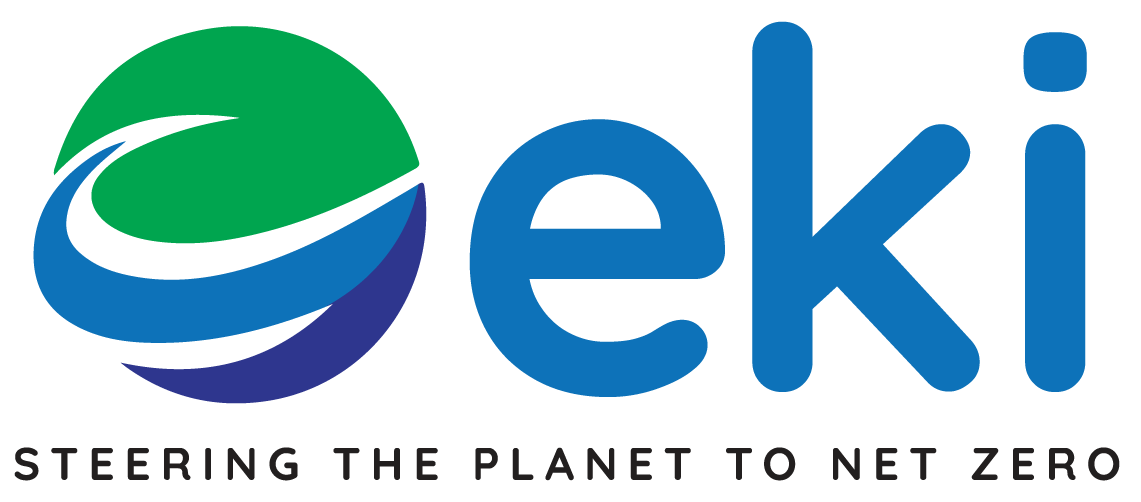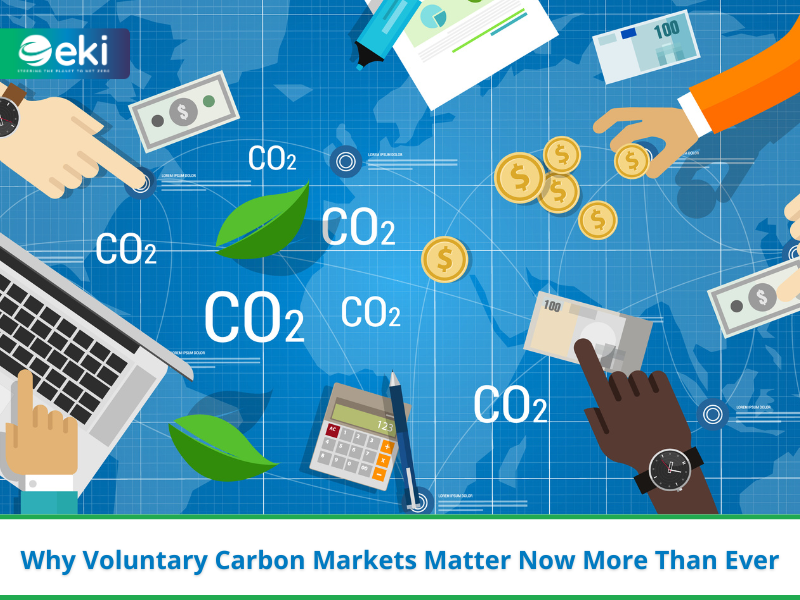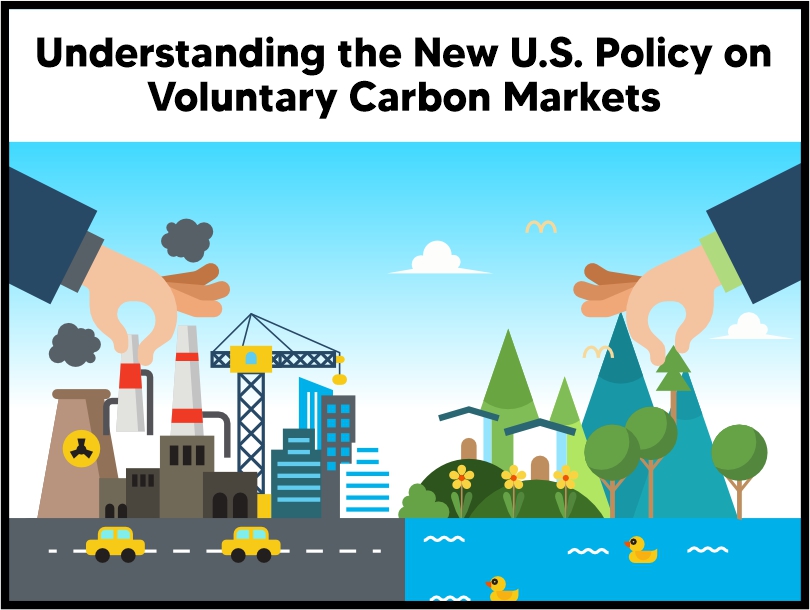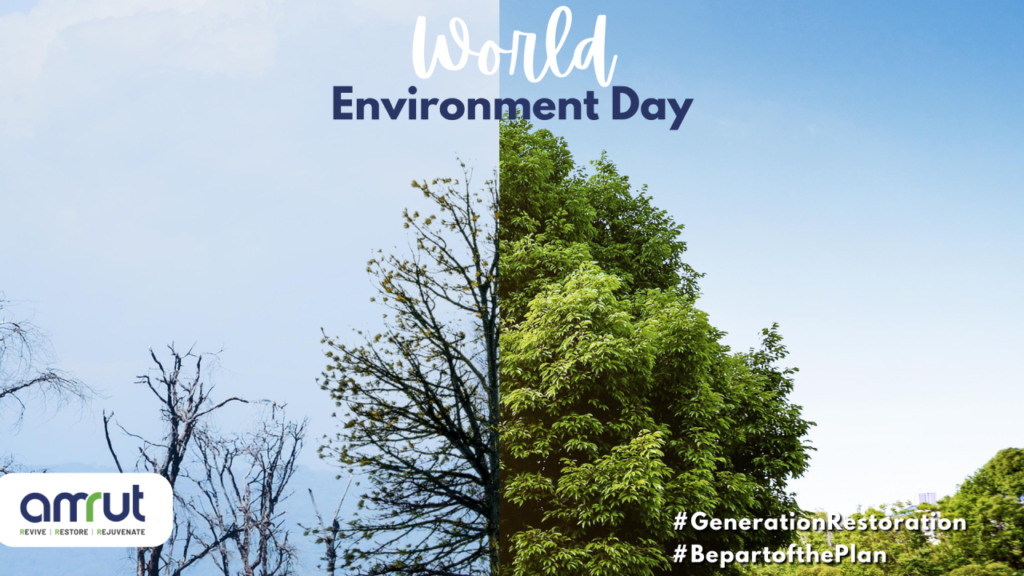In a recent groundbreaking revelation, the World Bank has unveiled an ambitious plan that could redefine the contours of global carbon markets. This visionary initiative is set to empower 15 countries to generate income through the trade of carbon credits sourced from their forest conservation efforts. The announcement represents a monumental stride towards combating climate change and fostering sustainability within the intricate landscape of the carbon market.
At the heart of this transformative vision lies the World Bank’s Forest Carbon Partnership Facility (FCPF). Since 2018, 15 countries, including Chile, Costa Rica, Cote d’Ivoire, Democratic Republic of Congo, Dominican Republic, Fiji, Ghana, Guatemala, Indonesia, Lao PDR, Madagascar, Mozambique, Nepal, Republic of Congo, and Vietnam, have actively participated in pilot programs within the FCPF. These programs aim to establish efficient systems for carbon-crediting initiatives, projecting the production of over 24 million credits by the next year and an impressive 126 million by 2028, signaling a substantial commitment to the cause.
The unique combination of environmental and social integrity sets apart the World Bank’s carbon credits. On the environmental front, these credits undergo rigorous assessments to ensure they are distinct, real, additional, permanent, and measurable. Simultaneously, the World Bank places strong emphasis on social integrity, ensuring that local communities, particularly indigenous people and local communities, derive maximum benefits from these programs.
To maintain this high level of integrity, each carbon credit undergoes meticulous monitoring, reporting, and verification by a third party, adhering to the stringent World Bank-managed FCPF Standard and World Bank Environmental and Social Standards. The 15 programs involved in this initiative leverage cutting-edge technology to ensure precise measurement and accurate accounting of carbon credits, offering comprehensive coverage of entire jurisdictions to prevent the risk of compromising reforestation and conservation efforts through deforestation elsewhere.
The World Bank’s commitment extends beyond the issuance of credits; it actively supports countries in determining the best use for them. Whether through monetizing in carbon markets, utilizing them for their Nationally Determined Contributions (NDCs), or engaging in other transactions to secure additional finance, the flexibility provided empowers nations to tailor their approach based on their unique circumstances and priorities. This commitment underscores the World Bank’s holistic vision, acting not just as a certifier but as a catalyst for positive change in the realms of environmental and social sustainability.
The recently introduced Engagement Roadmap outlines the World Bank’s strategy to deliver solutions that expand liquid and transparent carbon markets. Collaborating with private and public sector partners to implement integrity principles for buyers and sellers of credits is crucial in this endeavor. The introduction of common frameworks for organizations validating and verifying credits, including independent credit rating agencies, marks essential steps toward ensuring credibility and trust in these markets.
This landmark announcement is the culmination of two decades of dedicated work to build sound and transparent carbon markets that compensate developing countries for their climate efforts. The Roadmap outlines plans to support countries in reducing emissions in other sectors, such as energy access and coal transition, soil organic carbon, and mangroves. This broader commitment underscores the Bank’s dedication to fostering sustainability across various domains.
As we witness the unveiling of this vision, it is evident that the World Bank’s commitment to high-integrity carbon markets is not just a strategy; it’s a call to action. The potential to generate up to $2.5 billion in income for these countries under the right market conditions is not just an economic boon but a testament to the viability of sustainable practices in the carbon market.
Embracing this initiative wholeheartedly, the potential positive impact on these 15 countries, and the ripple effect it may have on others in the long term, is a cause for celebration. We eagerly anticipate the transformative power of these high-integrity carbon markets, hoping they pave the way for a more sustainable and equitable future.

